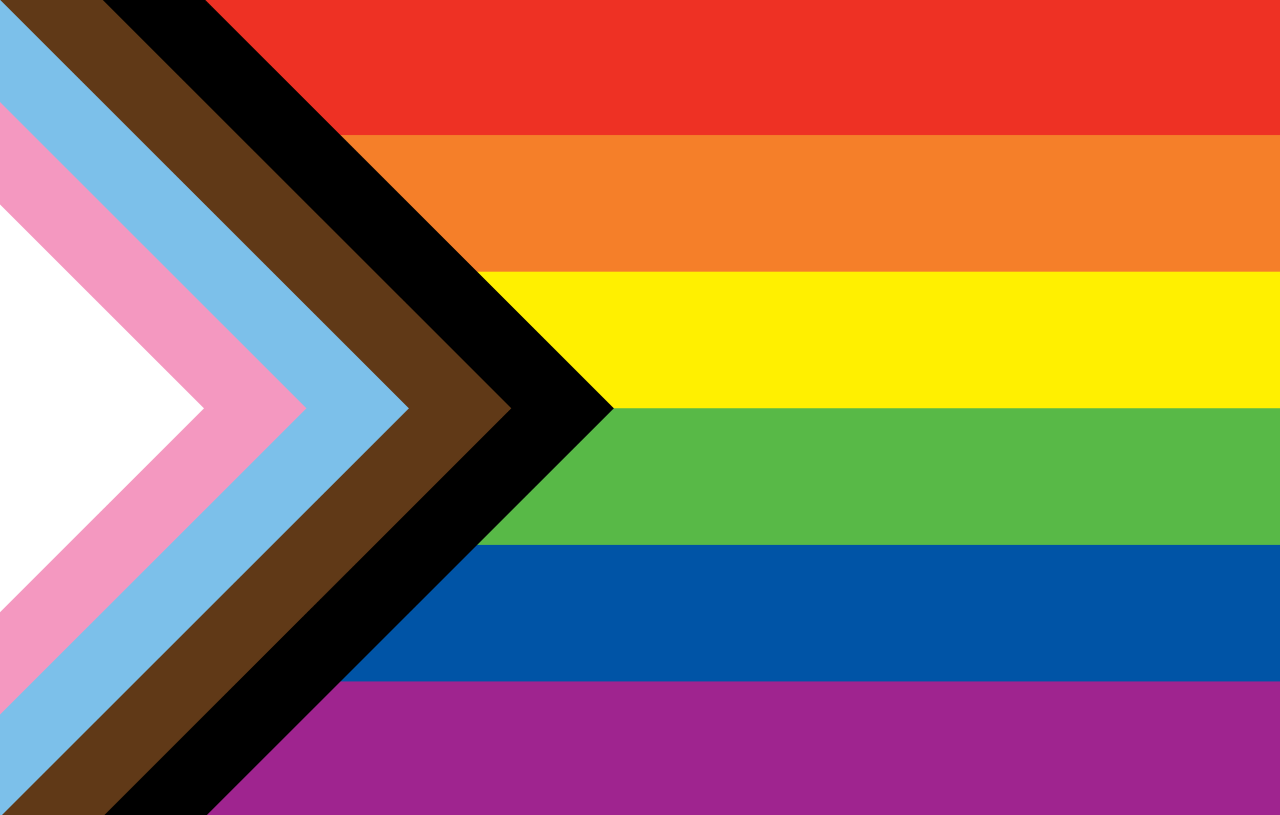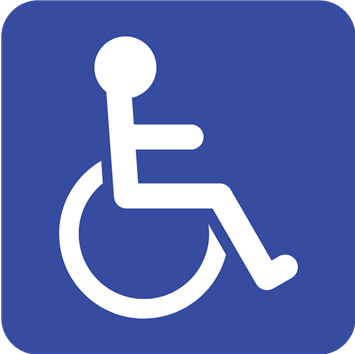Today, September 30th, marks the 3rd National Day of Truth and Reconciliation.
This national day was established three years ago as a response to Action 80 of the Truth and Reconciliation Commission (TRC) of Canada’s 94 Calls to Action. The TRC was a 7-year initiative “[i]ntended to be a process that would guide Canadians through the difficult discovery of the facts behind the residential school system…[it] was also meant to lay the foundation for lasting reconciliation across Canada” (Moran, 2020). As we take time to reflect on the horrific realities of residential schools, including the widespread experiences of physical and sexual violence, we must also acknowledge the significant foundation that the residential schools laid for ongoing harm experienced by Indigenous* peoples today.
In 1947, a Joint Submission from the Canadian Association of Social Workers and Canadian Welfare Council proposed a national program with the goal being “the full assimilation of Indians into Canadian life” (1947 Joint Submission of Canadian Association of Social Workers and Canadian Welfare Council, in 2019 CASW Statement of Apology; p.4). This led to another mass removal of Indigenous children from their families, known as the 60s Scoop. Today, Indigenous children continue to be removed from their families at alarming rates and placed in the child welfare system. In fact, “[t]here are more Indigenous children in care today than there were in residential schools at the height of their use” (Ontario Human Rights Commission, 2018). From residential schools, to the 60s Scoop, to the overrepresentation of Indigenous children in care; it is clear that harmful colonial practices have evolved, but remain present today.
ORCC recognizes the clear links between the normalization of sexual violence in residential schools and the alarming rates of sexual violence and exploitation experienced by Indigenous children involved in care today (Sikka, 2010; Kingsley & Mark, 2000; Roudometkina & Wakeford, 2018; Bennett, 2016; National Inquiry into Missing and Murdered Indigenous Women and Girls, 2019). As part of our broader advocacy initiatives, we are seeking to address these links through systemic change and coordinated efforts across the sector. For ORCC, this means being part of the political arenas that call for changes to colonial systems, such as the Urban Action Group, which formed the Urban Path to Reclaiming Power and Place in the MMIWG2S+ National Action Plan. It also means collaborating with service providers to develop an action plan for targeted intervention points at the systemic level.
We are inspired by the courage of Indigenous survivors and communities who have tirelessly worked to have their voices heard. We mourn the loss of children’s lives, the loss of Indigenous culture and language, and we will stand with communities as they navigate through the aftermath of this genocide. However, we, like many, can do more. We must continue to critically evaluate our role in addressing broader systems rooted in colonial and sexist legacies that persist today. In the renewal of ORCC’s vision and strategic plan, we are working to ensure that our programming, advocacy initiatives, and community engagement align with the calls from the TRC and the MMIWG2S+’s National Action Plan.
While the National Day for Truth and Reconciliation is recognized a single day of the year, honouring the lives of those impacted, and continuing the work toward reconciliation as it was promised, must be a priority every day.
In the year ahead, we at ORCC will continue to uphold the principle of “nothing about us, without us.” We will actively engage with our Indigenous community partners to further the coordinated action required to effect long-term, meaningful change.
*ORCC uses the term “Indigenous” to encompasses “First Nations, Inuit, and Métis people, regardless of residency and regardless of relationship to the Crown.” (Urban Path to Reclaiming Power and Place, Regardless of Residency—Missing and Murdered Indigenous Women, Girls, and 2SLGBTQQIA+ National Action Plan)
Here are some ways to do your part:
- Make a donation to an organization that supports residential school Survivors, like the Indian Residential School Survivors Society, Minwaashin Lodge, or Tungasuvvingat Inuit.
- Register for the free Indigenous Canada course through the University of Alberta. Better yet, encourage your friends and family members to sign up, so you can learn alongside each other.
- Take the time to read the 94 Calls to Action made by the Truth and Reconciliation Commission. Write a letter to your local MP to express your support for implementing them.
Supports for Residential School Survivors
- National Indian Residential School Crisis Line | 24/7 | 1.866.925.4419
Nation-wide emotional support and crisis referral services for former students and those who have been affected - Minwaashin Lodge | 613-741-5590 | https://www.minlodge.com
An Indigenous Women’s Support Centre providing a range of programs and services to First Nations, Inuit and Métis women and children (regardless of status) who are survivors of domestic and other forms of violence, and who may also be suffering the effects of the residential school system. - Talk4Healing Talk, Text & Chat | 24/7 | 1.855.554.HEAL | talk4healing.com
Ontario-based help, support, and resources for Indigenous women, by Indigenous women, in 14 Indigenous languages - Tungasuvvingat Inuit | 613-565-5885 | https://tiontario.ca
An Inuit-specific registered not-for-profit Ontario service provider offering social support, cultural activities, employment and education assistance, youth programs, counselling, crisis intervention, and more. - Hope for Wellness Help Line | 24/7 | 1.855.242.3310 | hopeforwellness.ca
Nation-wide counselling and crisis intervention for Indigenous Peoples in English, French, Cree, Ojibway, and Inuktitut

